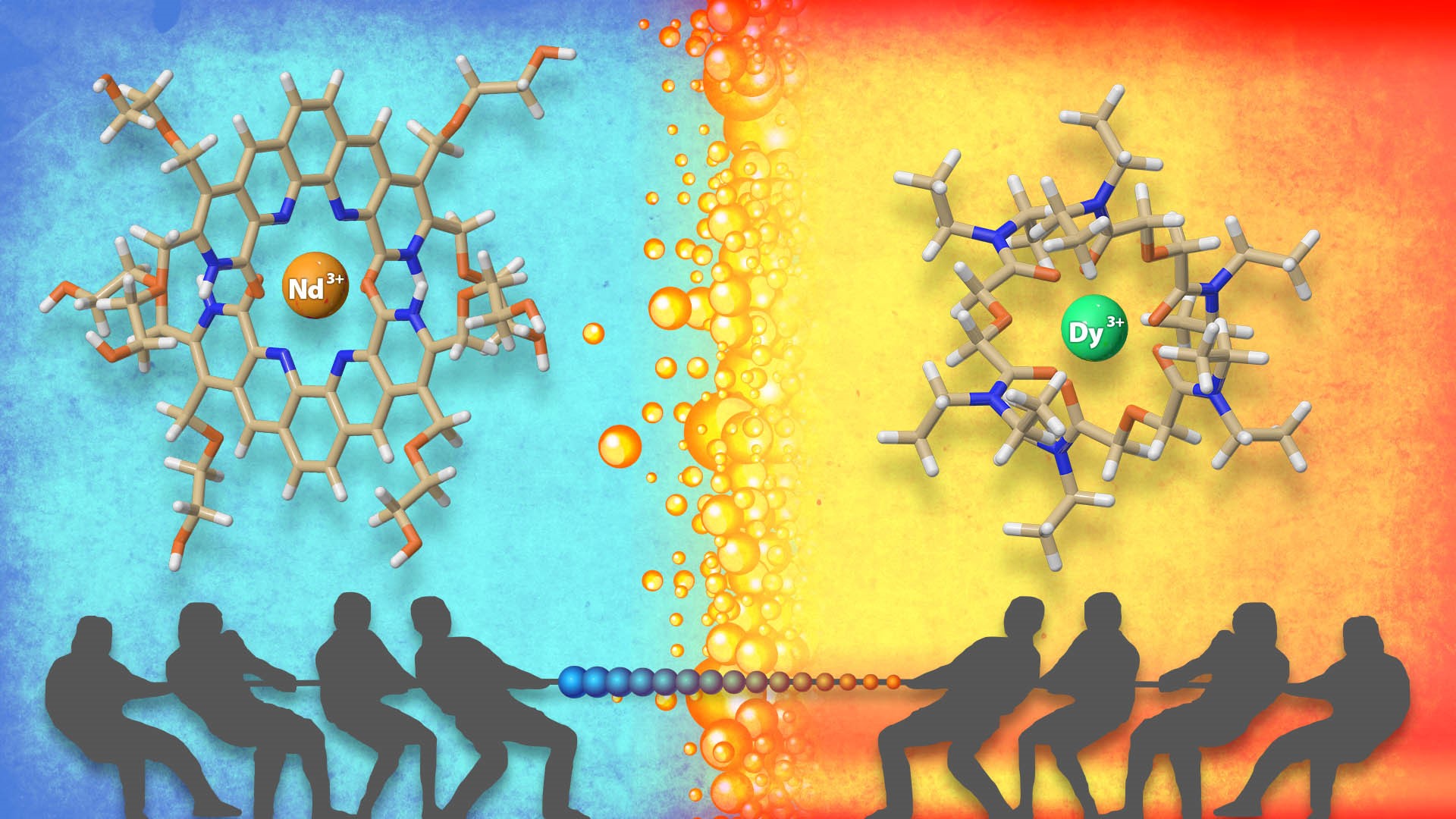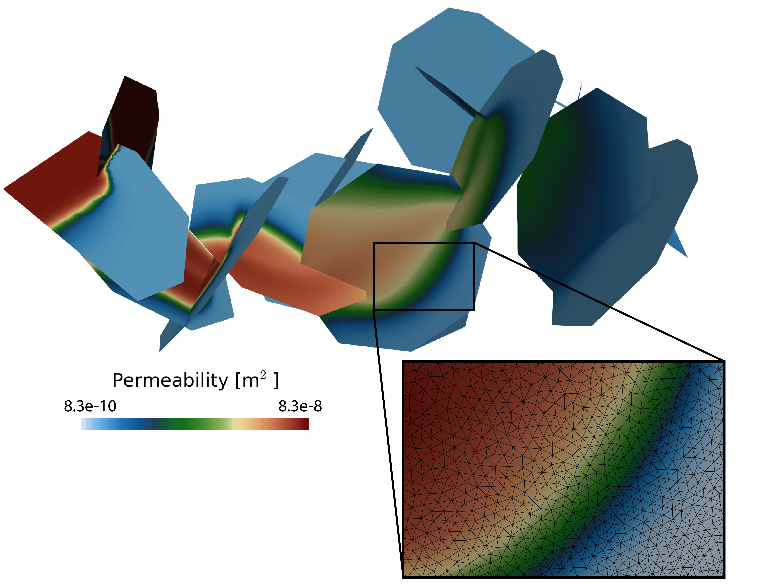Quantum Information Sciences
Quantum Information Science Research in Chemical Sciences, Geosciences, and Biosciences
This activity supports fundamental experimental and theoretical research in chemical sciences, geosciences, and biosciences (CSGB) to advance understanding and control of quantum phenomena in natural and artificial systems, and to develop and use quantum algorithms and simulations that can advance the domain sciences supported by the CSGB Division of BES.
BES held two community Roundtables to define priority research opportunities for fundamental quantum research. The reports of these Roundtables are available here:
- Opportunities for Basic Research for Next-Generation Quantum Systems and
- Opportunities for Quantum Computing in Chemical and Materials Sciences.
The priority research opportunities (PROs) described in these two reports form the basis for the research supported across BES. Applicants may also find useful discussions of fundamental science in the 2023 report published by the National Academy of Sciences entitled, “Advancing Chemistry and Quantum Information Science.”
The CSGB activity on Next Generation Quantum Systems supports basic research on the discovery and characterization of quantum phenomena in chemical and biological systems that can enable the design and discovery of novel quantum systems. Applicable topics include synthesis of molecular assemblies for assessment of quantum phenomena; mechanistic understanding of quantum phenomena in natural and artificial systems; and understanding the fidelity of quantum properties between disparate physical systems. Also relevant is fundamental research on quantum-based systems and phenomena to enable precise measurements and control, specifically for probing processes relevant to the CSGB Division.
The activity on Quantum Computing in CSGB supports theoretical research using quantum computation and simulation to solve scientific problems in the CSGB domain sciences, and relevant experimental research required to validate the computational data. Areas of research include understanding and controlling the dynamics of non-equilibrium quantum systems; unraveling the physics and chemistry of strongly correlated systems; and science to bridge the classical–quantum computing divide. Projects must focus on fundamental research that will target computations addressing scientific questions relevant to BES CSGB priorities using quantum computers that are available today or in the near term (<10 years).
Supported research addresses domain science that is aligned with one or more CSGB core research areas and addresses one or more of the Priority Research Opportunities identified in the Basic Energy Sciences Roundtable Reports referenced above. This activity does not support research focused on engineering, device optimization, or designing/building quantum computers.
To better understand how this research area fits within the Department of Energy's Office of Science, please refer to the Basic Energy Science's organization chart and budget request. For information on QIS efforts within Basic Energy Sciences, refer to QIS at BES.
For more information about this research area, please contact Dr. Thomas (Tom) Settersten.



